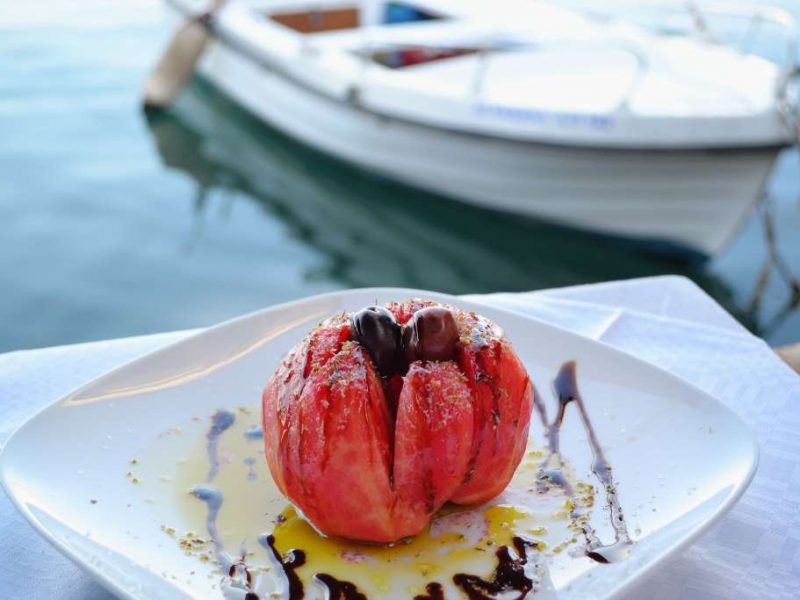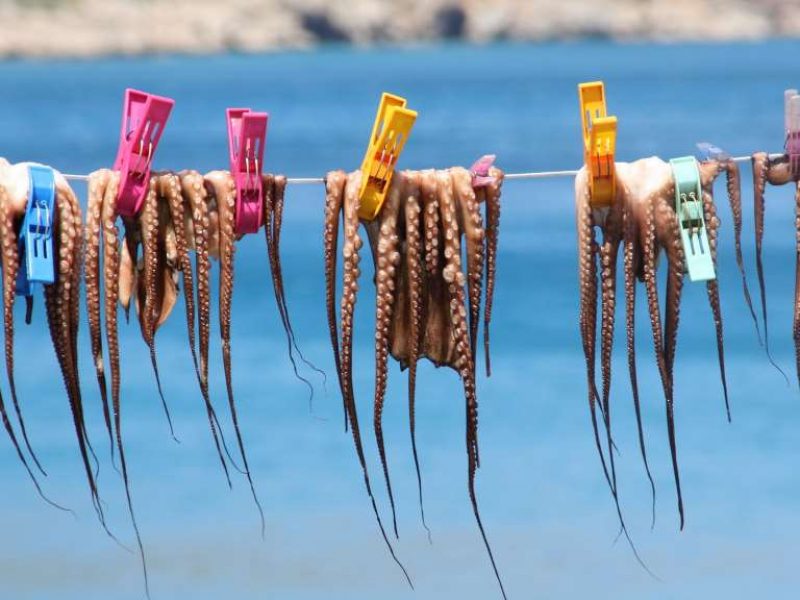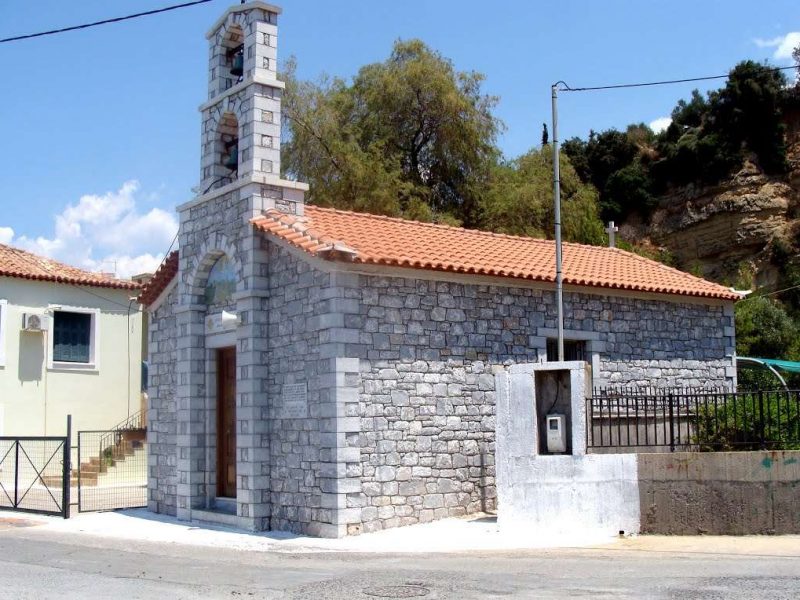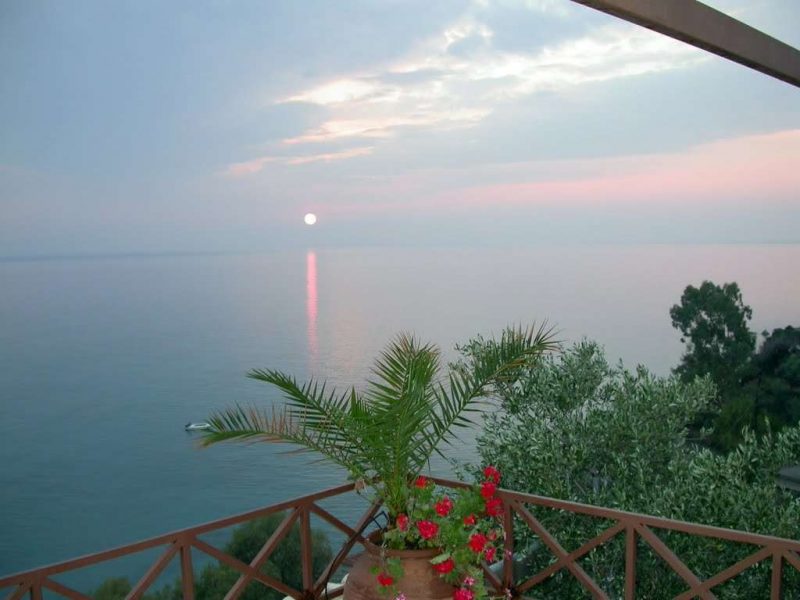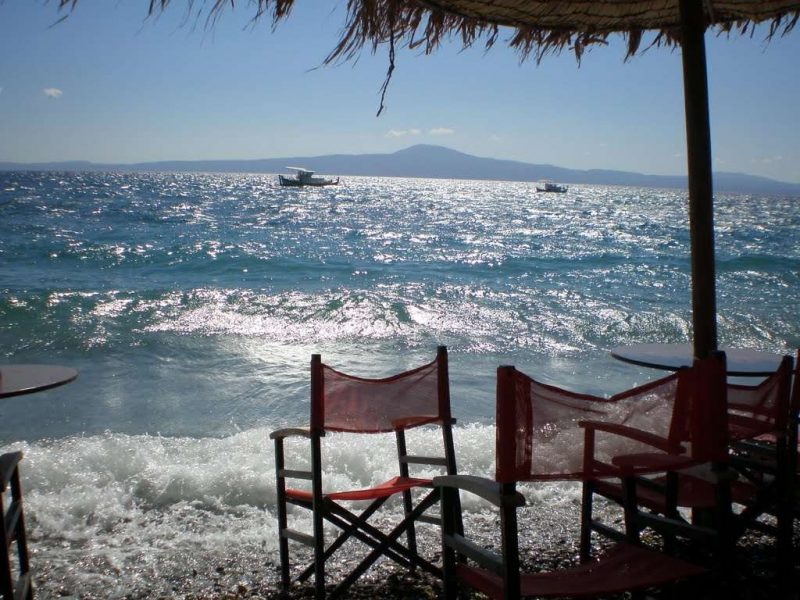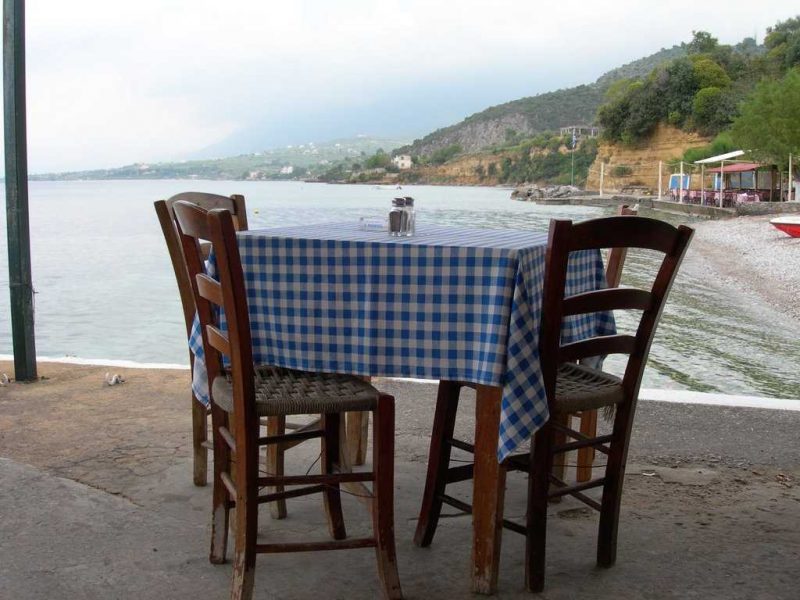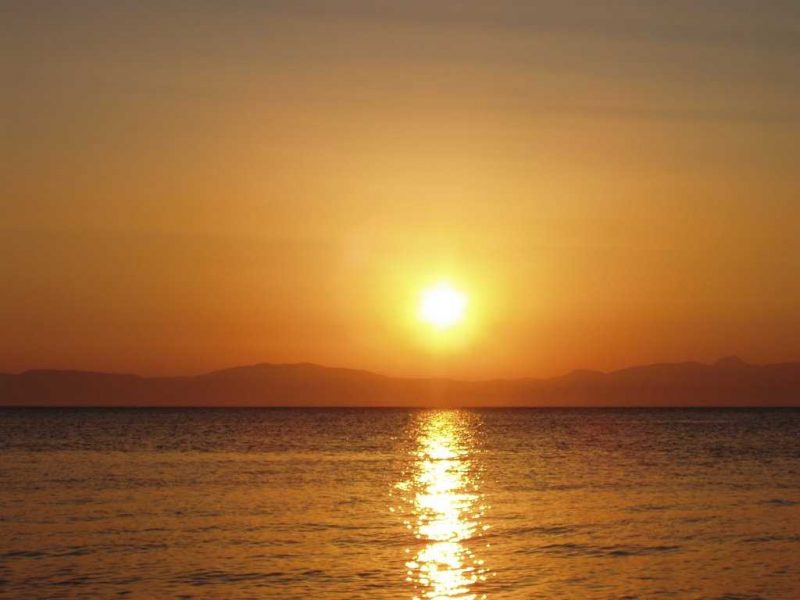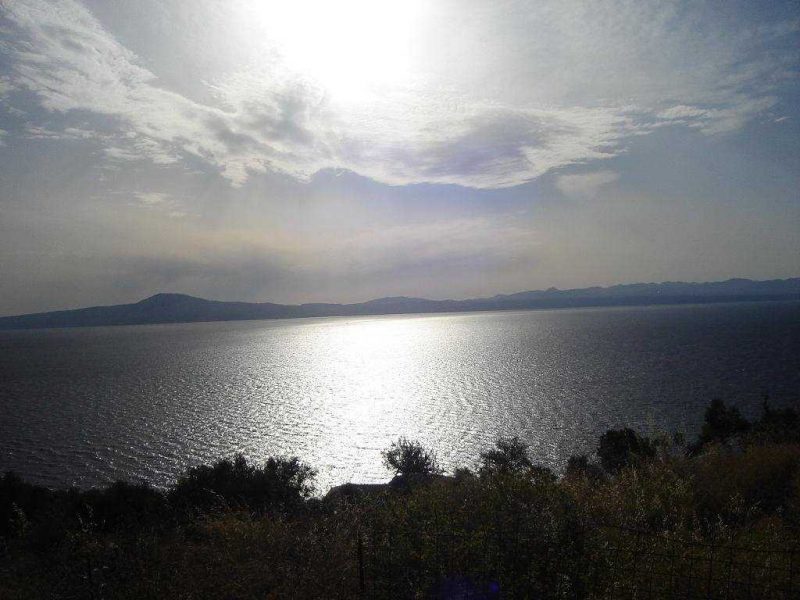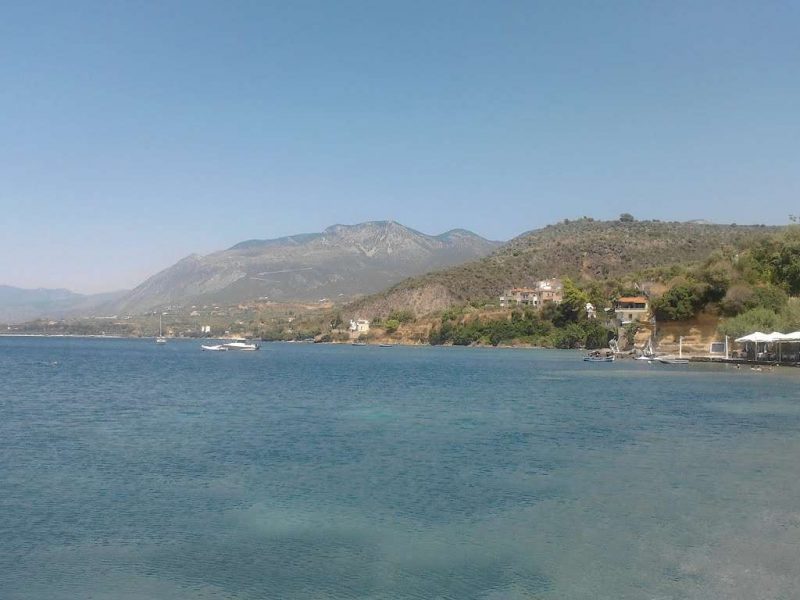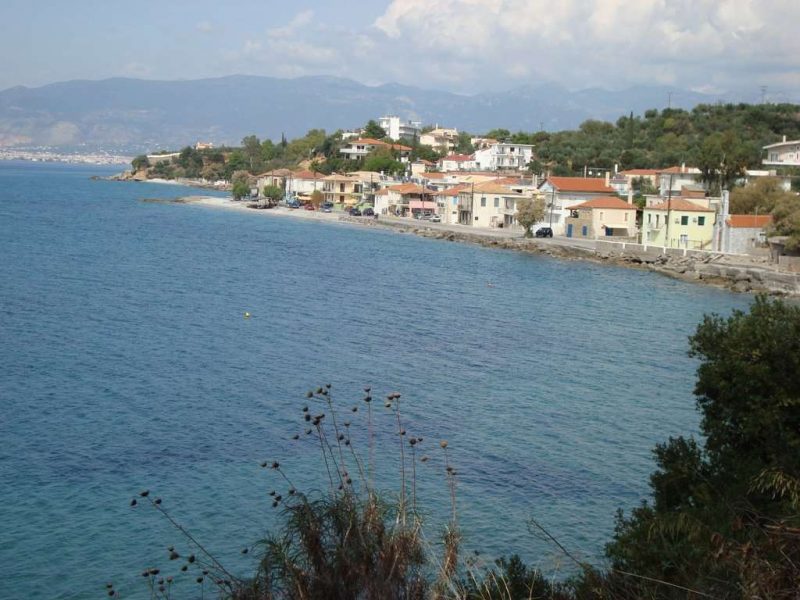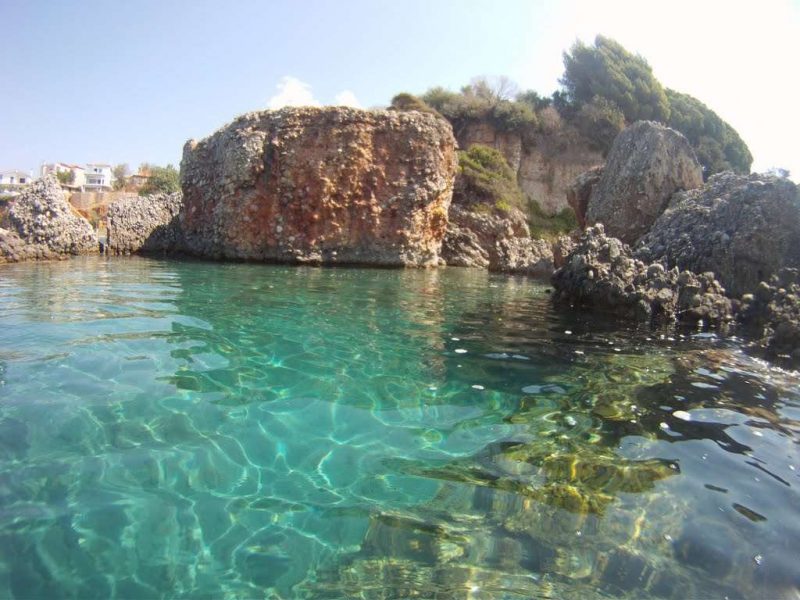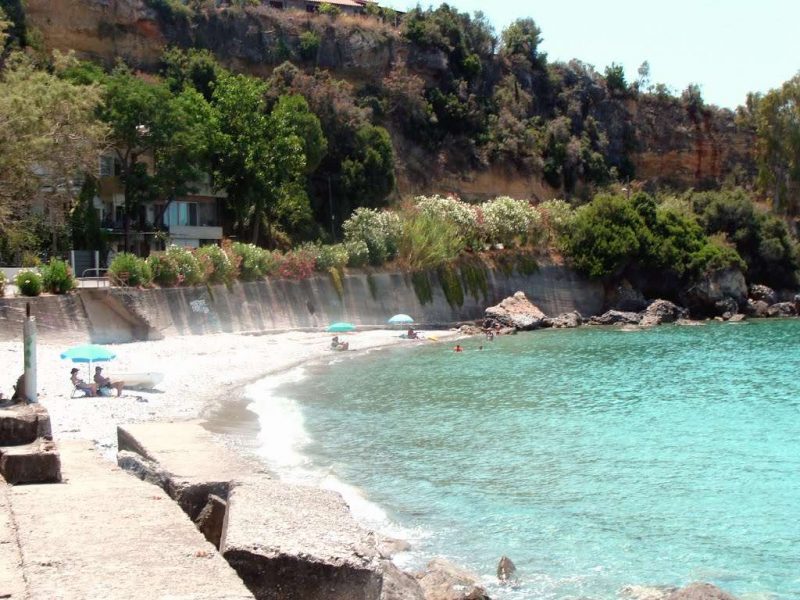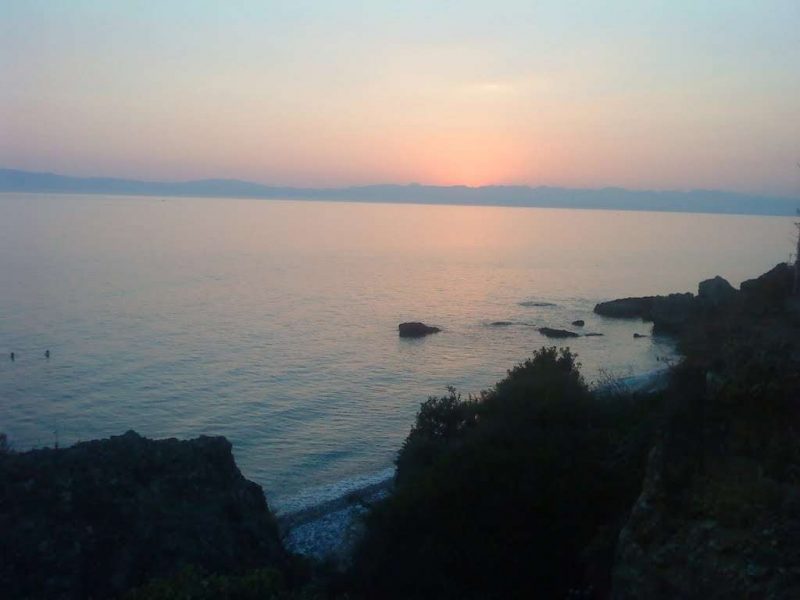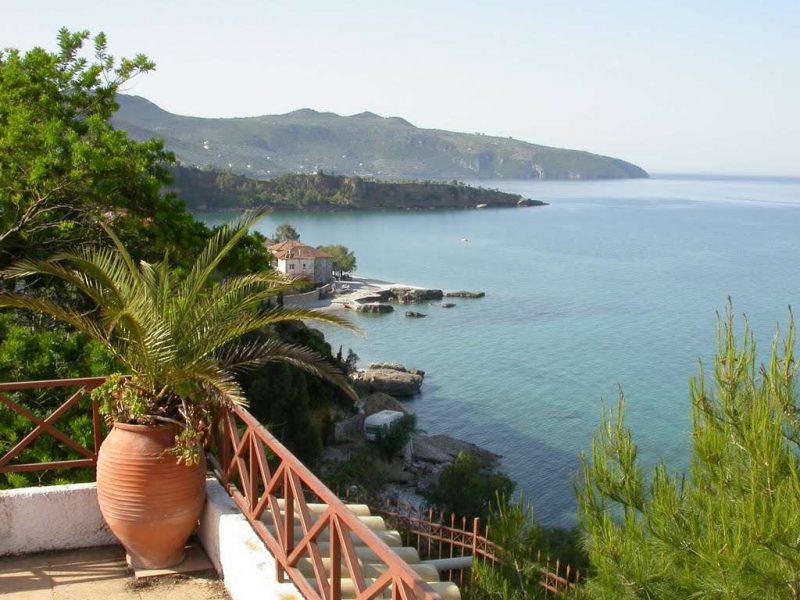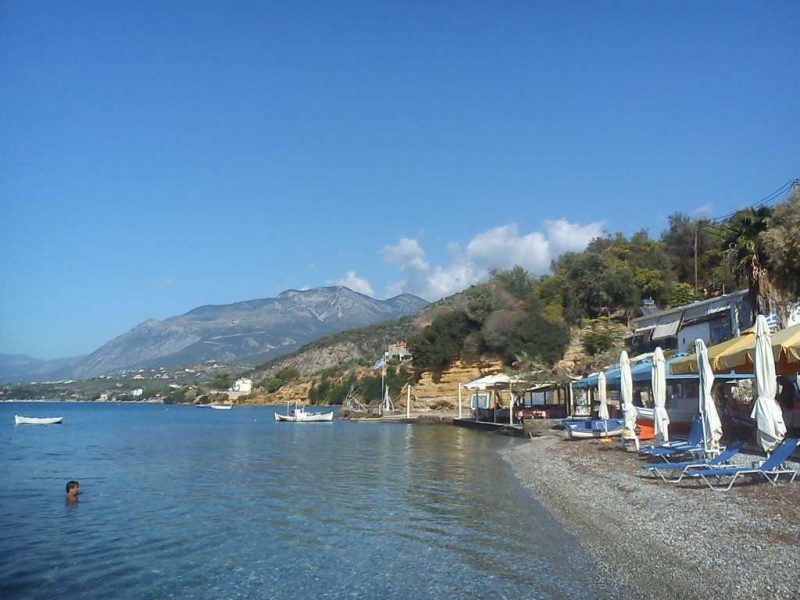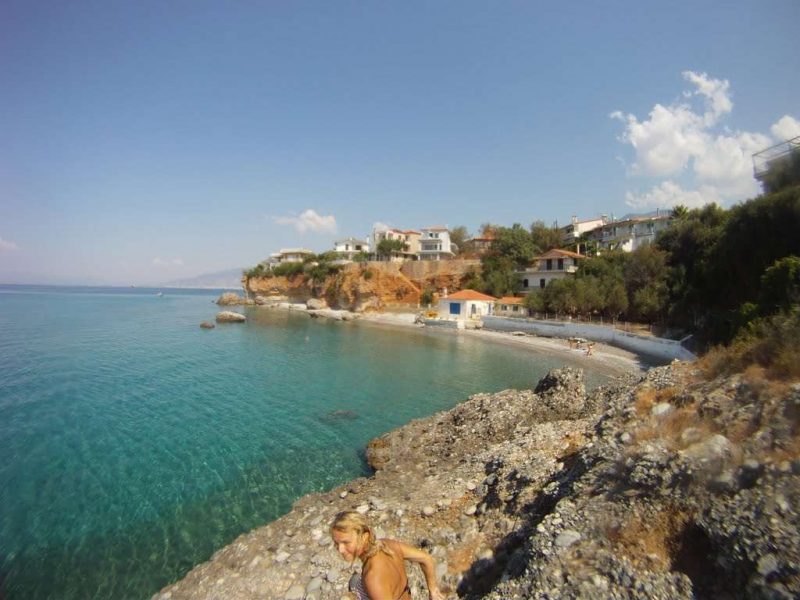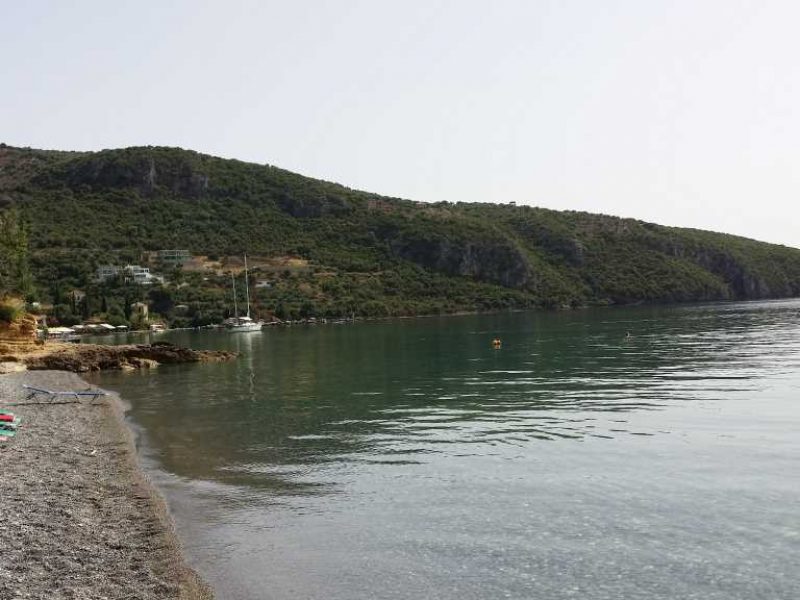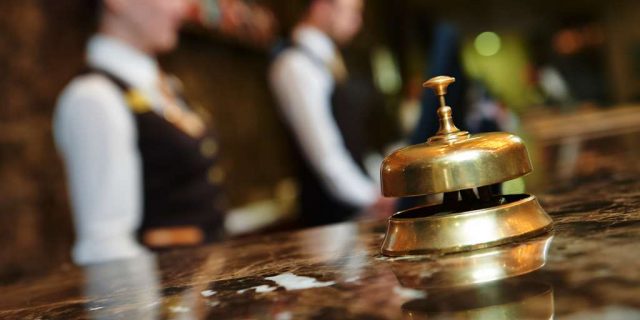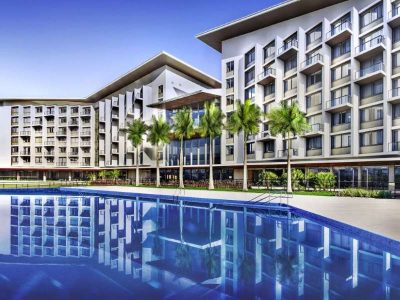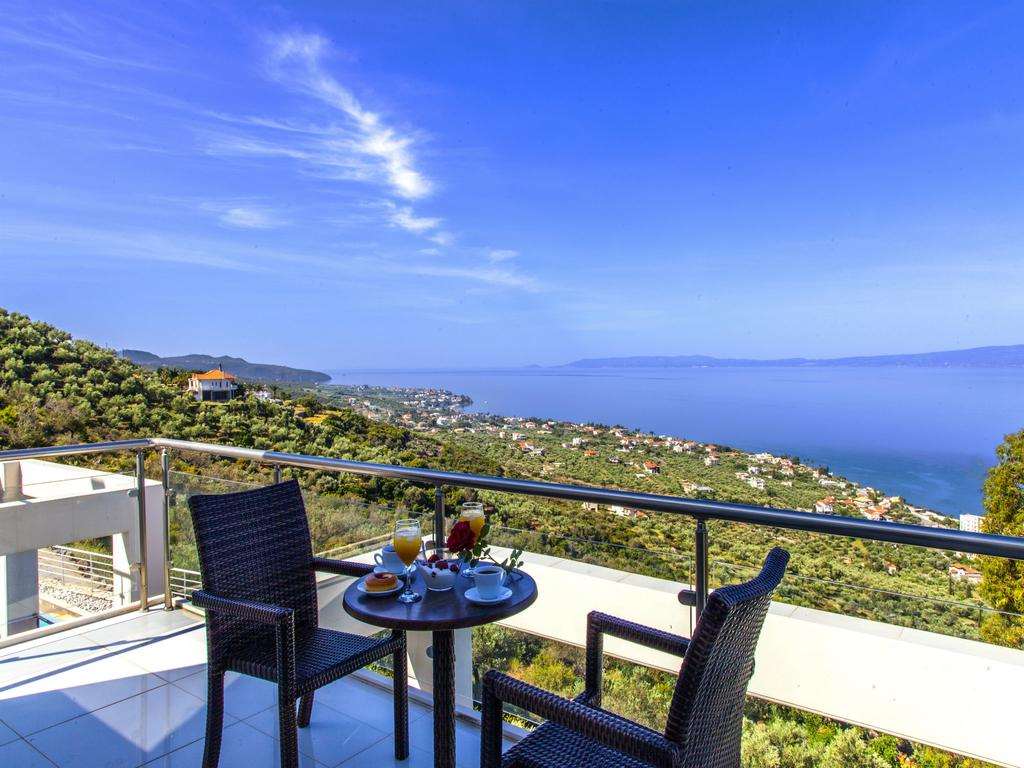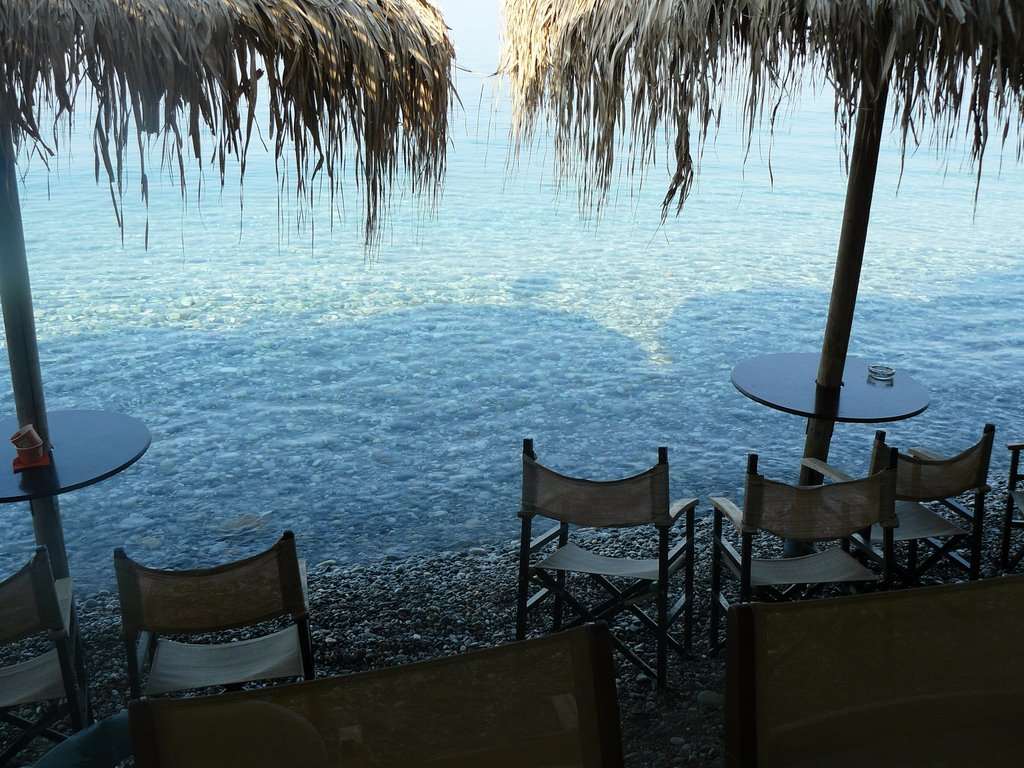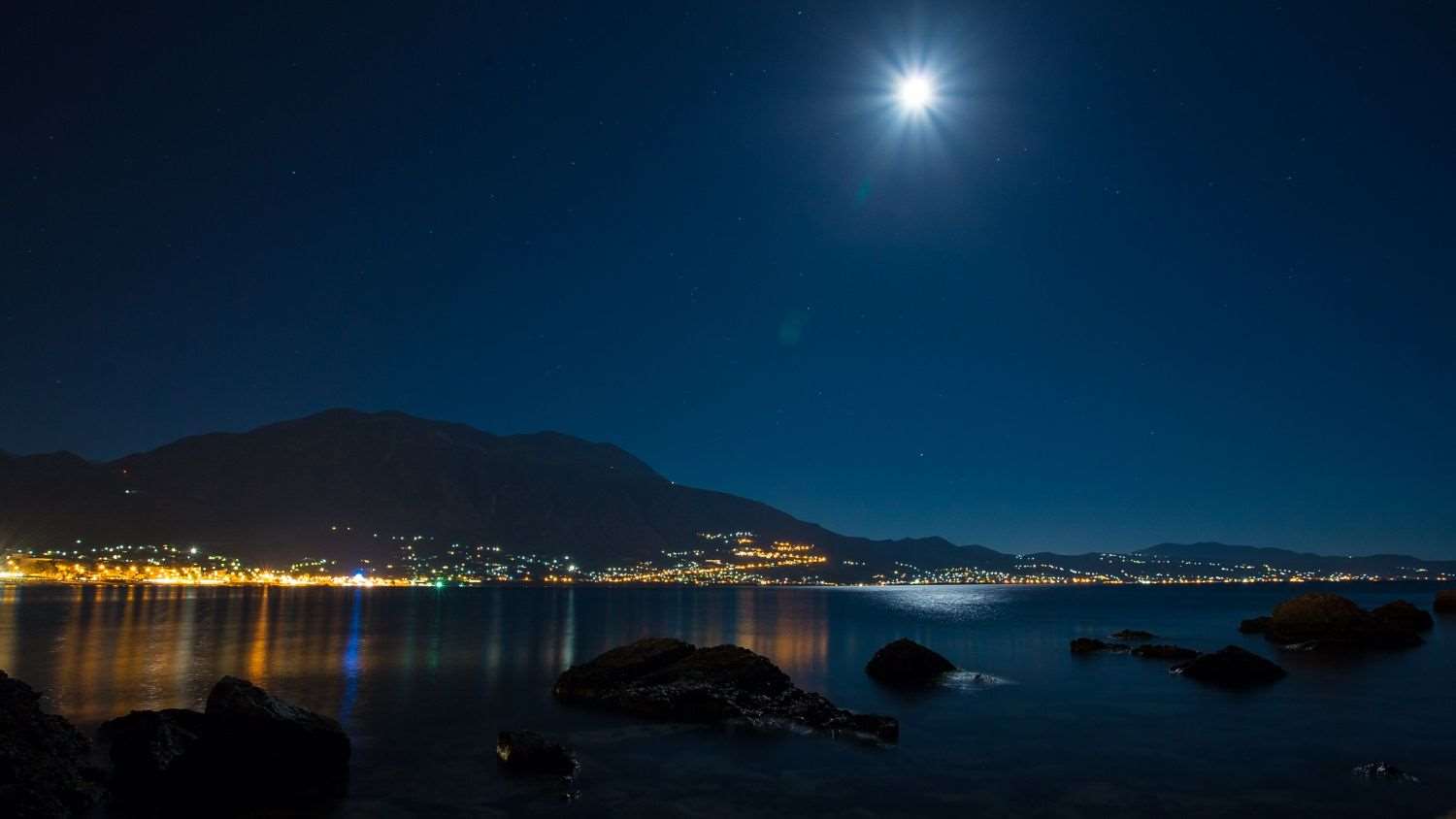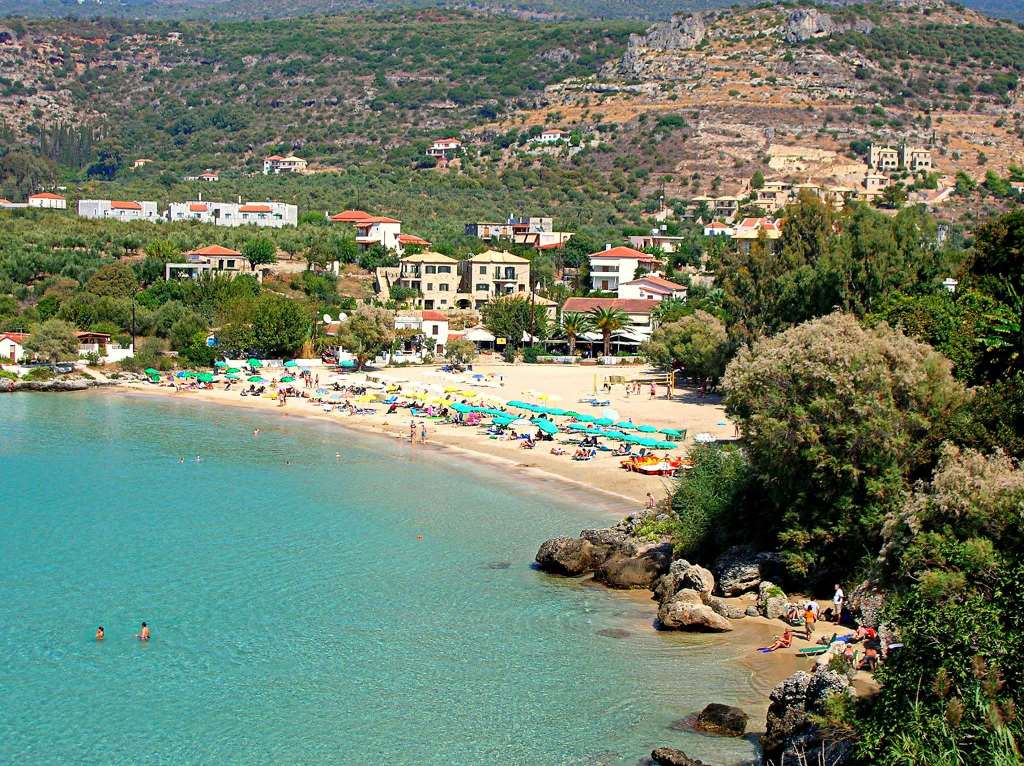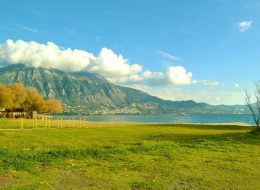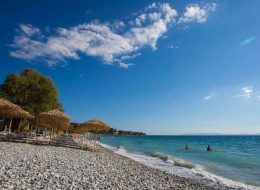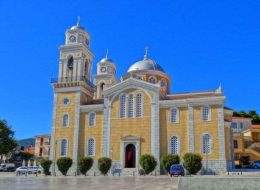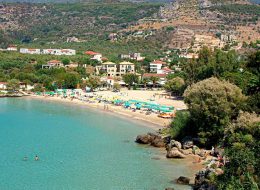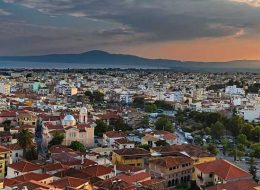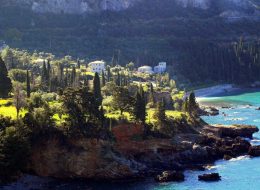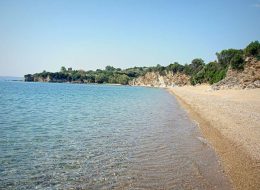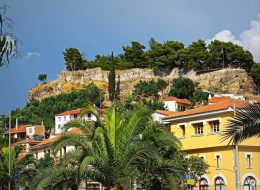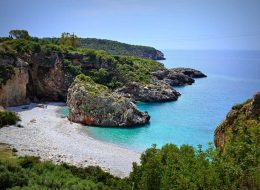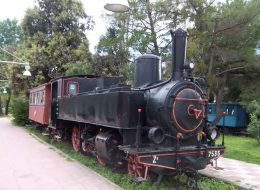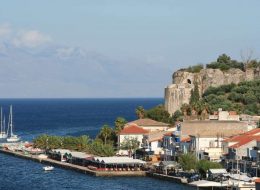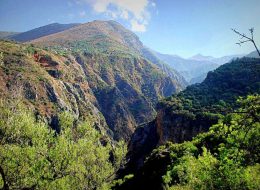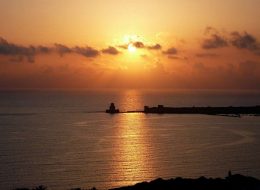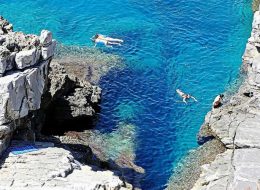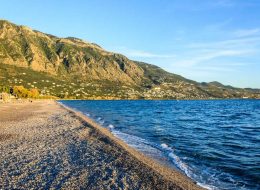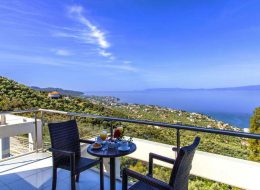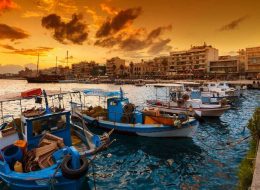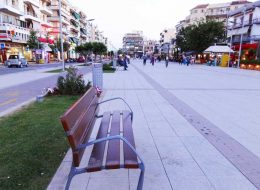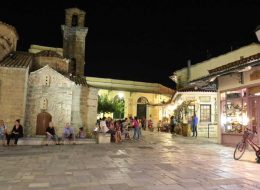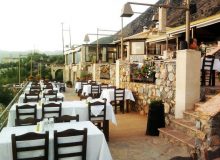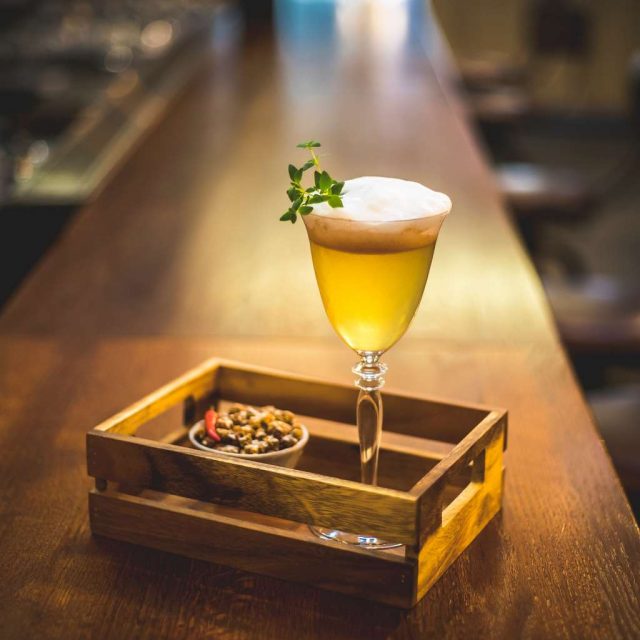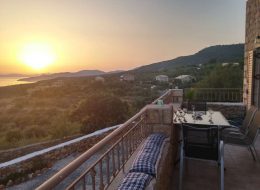Avia/Akrogiali
This region owes its current name to the mythical king of Messinia, Kresphontis, who renamed it after Peloponnisos was conquered by the Dorians honoring Abia, the daughter of hero Hercules. Abia, persecuted by the Achaeans, had finally resorted to this place to save her infant by building a temple in honor of her father.
In the early fifteenth century, the Venetians built the castle of Mantineia at the location of the ancient city. It was the seat of the barony with the same name. Mantineia was abandoned by its inhabitants to escape pirate raids, and they settled in the upper village of Great Mantineia. The ruined castle town received the name Palaiochora. In 1775, at the site of Asclepius temple the Church of the Dormition was built.
From the mid ninteenth century, the inhabitants of Great Mantineia began settling in the beach area again, in the settlements named Palaiochora, Archontiko and Kopanoi (the modern Akrogiali). Palaiochora became then seat of the community of Great Mantineia in 1924. In 1926 both the settlement Palaiochora and the community were renamed to Avia. In 1998, the community Avia merged with 7 other communities forming the new municipality Avia, with its seat being in Kampos village.
Kitries
During the Ottoman domination, Kitries was the seat of Mani’s “Beydes” and was the most important and vital port of the Messinian Gulf, from which the import and export trades of the wider region took place. In Kitries, the homonymous “Symphony” was written in 1819 by which the great families of Mavromichalides, Grigorakides (Gregorians) and Troupakis promised peace, unity and union of their forces among them in the upcoming 1821 revolution in order to not have any loss. Also there in March 1821 Petrobeis Mavromichalis assumed the command of the Spartan forces, following a decision taken by the united chieftains and captains of these years.



